At the risk of pissing a lot of people off, I have to say: Theodore Roosevelt, 26th President of the United States, was a racist thief.
Yet, for some reason, among Panama’s U.S. expats, admiring Theodore Roosevelt and his overseas adventures is common. Unfortunately, this admiration ignores the terrible aspects of U.S. foreign policy that are despised around most of the world.
Of course, Roosevelt and the United States played a significant role in Panama’s history, so it’s not like he can be avoided when discussing the subject. “A man, a plan, a canal” isn’t just the world’s coolest and probably longest meaningful palindrome, but it’s also a layman’s summary of Panama’s history during the turn of the 20th century: interaction with the United States, independence from Colombia, and completing the Panama Canal. Roosevelt was instrumental in all of this.
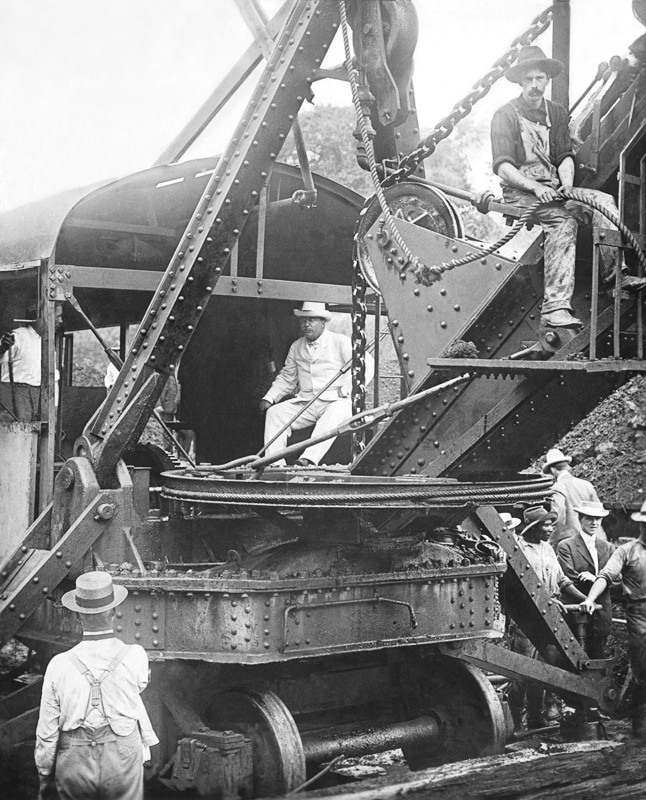 Roosevelt’s Panamanian foray sounds great and exciting to many, and, if you were to hear some U.S. expats recount the history, you might think he built the canal with his own hands. On top of the accounts of his military adventures in Cuba, his actions in Panama paint the picture that he is one of us: an expat exploring the world and making things happen. A real go-getter.
Roosevelt’s Panamanian foray sounds great and exciting to many, and, if you were to hear some U.S. expats recount the history, you might think he built the canal with his own hands. On top of the accounts of his military adventures in Cuba, his actions in Panama paint the picture that he is one of us: an expat exploring the world and making things happen. A real go-getter.
Sadly, these accounts completely misrepresent Roosevelt’s true nature. Beneath the stories of grandeur and adventure, Roosevelt was an outright racist and a thief.
I’m sure many U.S. expats will take issue with this assessment. They’ll claim Roosevelt brought Panama their independence and the canal. “Just look what we’ve done for them!” they’ll insist, descending into the us vs. them mentality that almost never ends well.
So, for those of you who would insist on going down that path of justifying all Roosevelt supposedly did for Panamanians (or those of you who might have to someday deal with hearing such banter), let me dispel these claims.
First of all, Panama would likely have gained independence on its own, regardless of the U.S. military intervention Roosevelt ordered. With the Colombian Civil War taking place and Panamanian rebels already organizing, it was most likely only a matter of time. But like the United States is now known to do, it intervened. The price for the help? Control, and most importantly, U.S. control of Panama’s most valuable resource, the Panama Canal. Note that not a single Panamanian signed the treaty that gave it away.
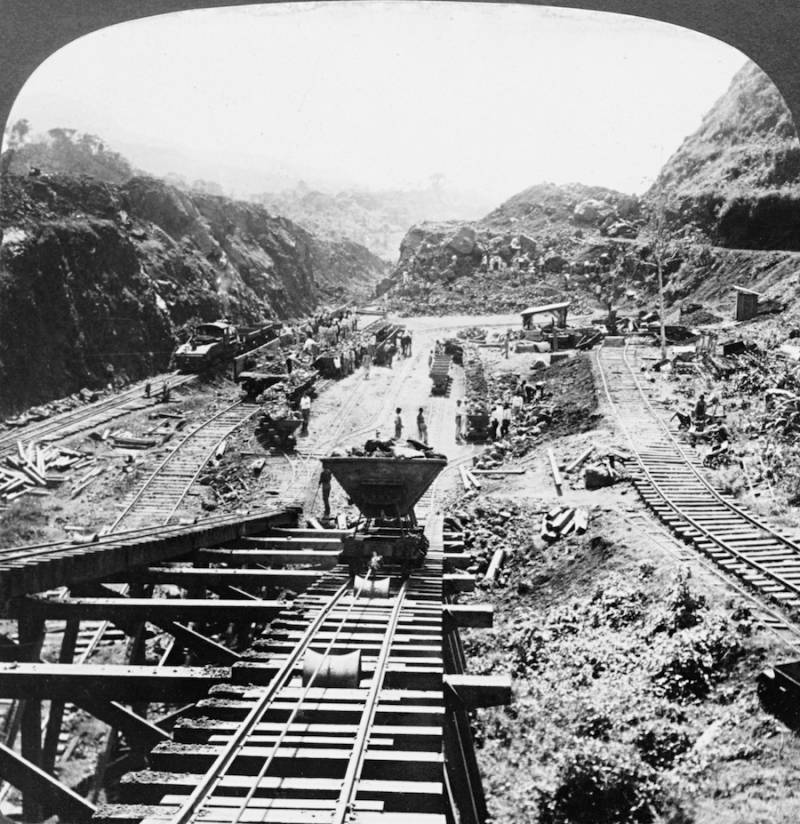
Second, the building of the Panama Canal was already underway. After the French abandoned the project, most of the people who did the work to complete it weren’t Americans (and they certainly weren’t Roosevelt). The work to finish the project was done mostly by black laborers brought in from Caribbean countries. Unsurprisingly, nonwhite laborers were paid and treated almost like slaves, being paid on the Silver Roll while the whites were on the Gold.
Which brings me to the final point: Roosevelt was a white supremacist. He once said:
The presence of the Negro is the real problem; slavery is merely the worst possible method of solving the problem.
Roosevelt explicitly endorsed eugenics, the practice of breeding humans according to their desirability of physical attributes, including skin color and “race.” He once said, “I wish very much that the wrong people could be prevented entirely from breeding.” Just to clear up who he meant by “the wrong people,” note that he once referred to Africans as “ape-like naked savages, who… prey on creatures not much wilder or lower than themselves.”
But if that isn’t explicitly racist enough for you, Roosevelt laid out his views more succinctly when he said, “I don’t go so far as to think that the only good Indians are dead Indians, but I believe nine out of ten are.” It doesn’t get much more racist than that, folks.
While white supremacy and eugenics were quite popular at the time among leading white figures and thinkers, this is no excuse today for those who are aware of but still choose to ignore Roosevelt’s racist legacy.
Roosevelt’s racist views are a shame given that he advanced so many progressive policies stateside. He supported labor over big business at a time when corporate money and influence in U.S. politics may have been even greater than it is today. He introduced strong environmental protections decades before discussions of carbon dioxide as a source of climate change. He banned dangerous chemicals in meat and curbed misleading food labels before organic was distinguishable from plain, regular food. In some ways, he was a man ahead of his time.
However, the praise for Theodore Roosevelt from U.S. expats rarely (if ever) touches on these domestic policies. In fact, most of his admirers would probably be aghast to learn of Roosevelt’s progressive domestic policies.
Don’t get me wrong, it’s not that I hate hearing about U.S. history. In fact, I enjoy it quite fondly. Any country’s history enthralls me, and hearing it from someone who hails from the country can be a rewarding and educational experience.
But the praise that so many U.S. expats for Roosevelt endorses a foreign policy stained in imperialist white supremacy. It admires a man who had little regard for the Panamanian people or their sovereignty. It admires the very colonialism that the United States repudiated during its own struggle for independence. It admires oppression.
Why celebrate such a person? It’s not as if there aren’t plenty of other people in U.S. history to revere. Roosevelt wasn’t the only U.S. president to have an impact on Panama’s history.
Jimmy Carter comes to mind immediately as a U.S. president whose impact on Panamanian history deserves far more praise than Roosevelt’s. It was under Carter in the 1970s that the United States peacefully negotiated the return of the Panama Canal to its rightful owner: Panama.
Carter was the only U.S. president in the past 115 or so years to not deploy combat troops overseas (with the exception of one lone attempt to rescue hostages in Iran). Carter’s legacy–free of bombs, bullets, and the so-called collateral damages that the U.S. delivered to Panama a decade after Carter left office–is most definitely the opposite of the Ugly American stereotype. It’s a shame his predecessors didn’t follow his lead.
So, dear U.S. expats, the next time you feel the urge to take pride in your country and its interwoven history with Panama, please refrain from admiring Theodore Roosevelt. You and your country are better than that.
Have article, idea, opinion, tips, or just about anything else Panama related you would like to write about on PTY Life? Become a guest blogger like Matt by sending a message to hola@pty.life with a little bit of information about yourself and some of the topics you would like to write about.

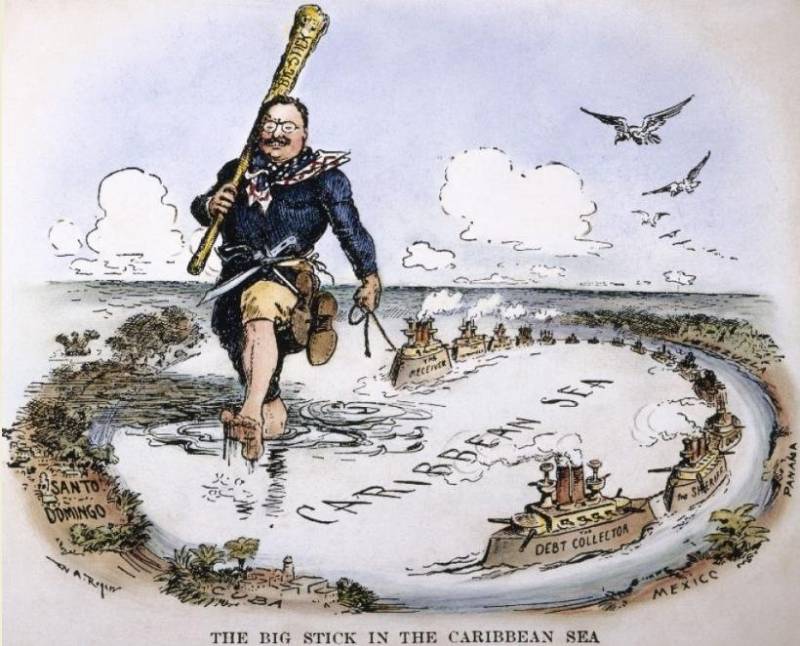
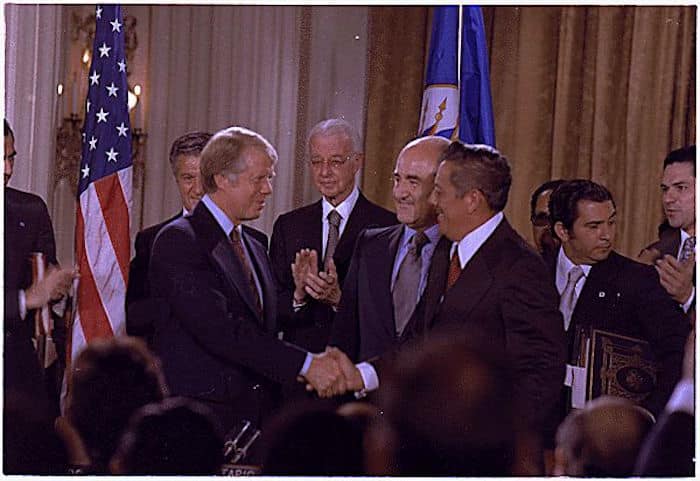













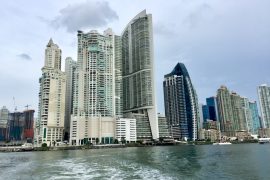
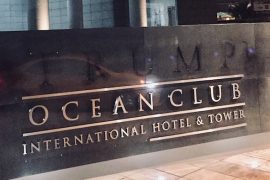
Comments are closed.